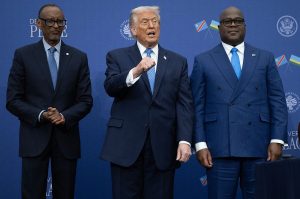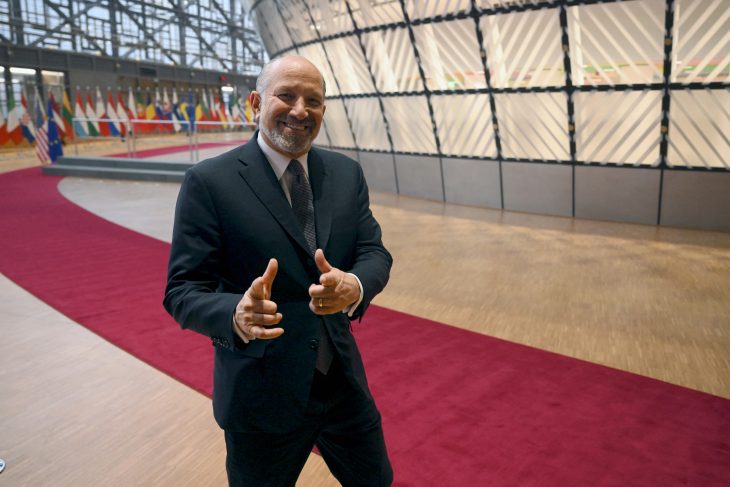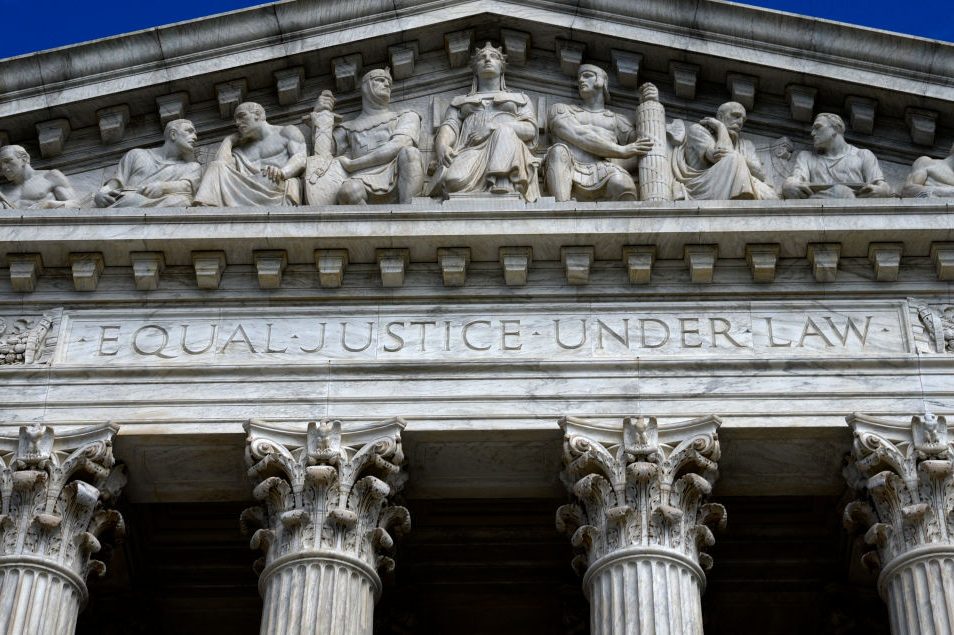In my line of sight from my office, beside stacks of books and magazines, between unplugged lamps and cigar boxes, I can see five different movers’ boxes of that instantly recognizable shade of cardboard, smattered with the cheap brown tape ubiquitous to the act of relocation and nothing else. They bear Sharpie’d notes on the sides which grant little knowledge regarding what they contain: “Records” and “Office” and the like. We moved in a year and a half ago — and still, here they are. They are not to be confused with the hopeful white bankers boxes with clearer labels such as (Blu-Rays — Storage, and Books — Donate), which have been the transfer point for a reorganizational slog, likelier to be ended by another move than by crossing the goal line.
I am not typically one to sit on boxes for long, but we moved from a house with copious built-ins to one where the entirety of my library — more than 3,000 books, about a quarter of which are in storage now — must inhabit a single room that also functions as my office, confined to six bookshelves. Downsizing is tedious, especially when packing resulted in that dog-eared copy of Dune right next to a signed God and Man at Yale. My wife has offered to hire someone to handle it, reorganizing as you would a closet — but I insist on doing it myself, because unlike clothes, the worth of a thing is not always apparent to the eye. There is no way for an arbitrator of value to know that hard-boiled paperback was your escape in a Las Vegas bar on a lonely birthday, or that pedestrian-looking ex libris Kipling with a sticker on the spine was a gift from a long-dead friend. Books do furnish a room.
All this is to say that on some level, I understand Donald Trump’s excuse about his boxes, his precious, precious boxes, and why he wanted to go through them all, but would take his own sweet time to do it. It is not an impulse borne out of some dastardly scheme to sell secrets to America’s enemies — it’s that he doesn’t like to be told what to do, and he was clearly doing so very slowly here, all while engaging in clumsy sleights of hand that in his case have the irritating quality of being highly illegal. Read the back and forth with Fox News’s Bret Baier:
Bret Baier: They said, “could you give us the documents back?” And then they said they went to DoJ to subpoena you to get them back.
Donald Trump: Which they’ve never done before.
Baier: Right.
Trump: And in all fairness —
Baier: Why not just hand them over then?
Trump: Because I had boxes — I want to go through the boxes and get all my personal things out. I don’t want to hand that over to NARA yet. And I was very busy, as you’ve sort of seen.
Baier: Yeah.
Trump: I’ve been very, very busy.
Baier: But according to the indictment, you then tell this aide to move to other locations after telling your lawyers to say you’d fully complied with the subpoena, when you hadn’t.
Trump: But before I send boxes over, I have to take all of my things out. These boxes were interspersed with all sorts of things — golf shirts, clothing, pants, shoes. There were many things.
Baier: Iran war plans?
Trump: Not that I know of.
This is a key point of contention, as Jonathan Turley points out — and as much as it must infuriate Trump’s remaining lawyers for him to say anything at all about this situation, we can gain insight on what Trump sees as his line of defense:
Digesting the extraordinary interview with Trump, the most significant legal element is the stating of his defense to the audiotape. Trump will argue that there was never a document with the Iranian attack plan and that he was referring to material referencing the plan. On the tape, Trump says “As president I could have declassified, but now I can’t… Except it is like, highly confidential. Secret. This is secret information. Look, look at this. This was done by the military and given to me.”
So he will argue that this was a reference to a document that he did not have and could not now declassify. The DoJ will push back on the language and could call the two individuals in the meeting on their own impressions. They may also have a specific document in mind, but they have not indicated that they have proof of its removal. That could be part of the case to come. However, we now know Trump’s account of the audiotape.
Trump looked ragged in this interview. Age, pressure and the travails of these lawsuits are wearing him down — and his energy seems to have suffered for it. But he admitted much of the case is true, with excuses borne more out of frustration than a real claim of innocence. It could have been resolved quietly through negotiation between lawyers, with no raid or charges brought, had Trump simply acceded to having his lawyers look over the boxes themselves and hand over items marked classified. Much as Republicans may look to him as a victim in this situation, it’s absolutely clear that this terrible idea was his own.
As for the result of this interview in the context of the case, we’ll see what the lawyers make of that, especially now that the judge in question has barred Trump from sharing further evidence publicly.
If he has helped his opponents by speaking out again, it would be entirely consistent with how he does things. All he had to do was stay quiet. But that’s the problem with Trump: he never stops running his mouth.

























